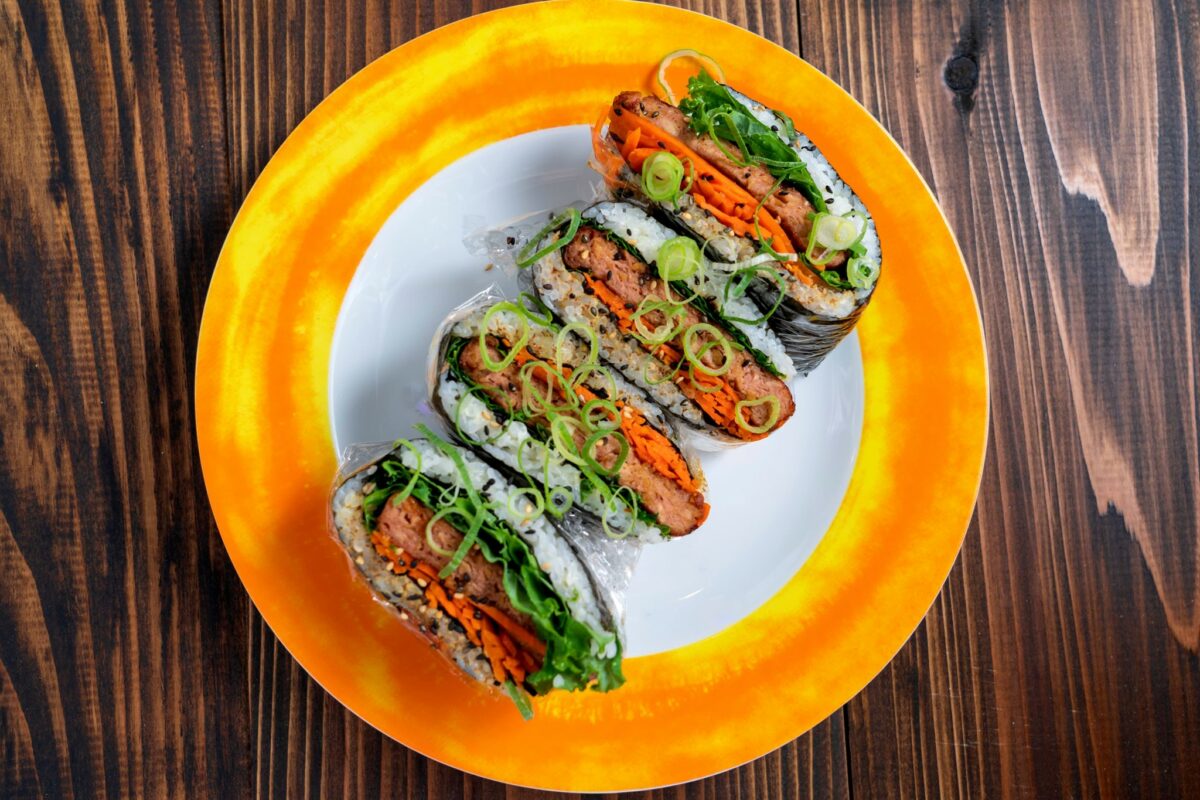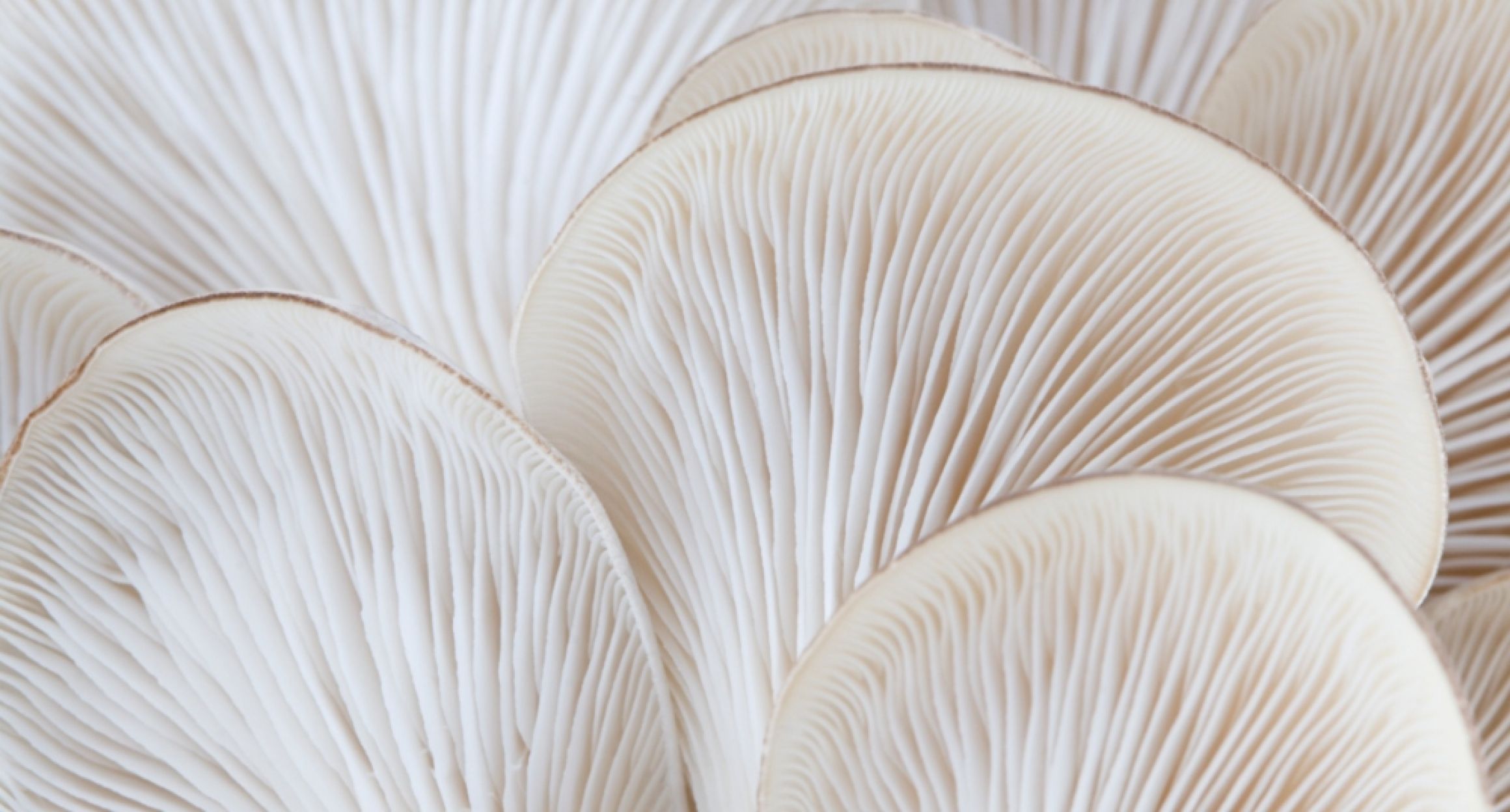New technology is enhancing plant proteins in plant-based drinks, says report

New methods are being used to improve the quality of plant proteins in plant-based beverages, a report from npj Science of Food has revealed.
The scientific review shows that pea, rapeseed, bean, peanut, chickpea, hempseed, sunflower seed and cottonseed were the raw materials that had received the most treatment to improve characteristics such as nutritional qualities, flavour, mouthfeel, and digestibility.
Blended proteins have also been highlighted as being positive alternatives to enhance the profile of amino acids and improve the functional and sensorial factors of protein-enhanced beverages.
One example comes from Canadian plant-based food and ingredients producer Burcon, who created a combination of pea and canola proteins – a mixture which is said to be more nutritious and functional in a combined state than when both proteins are used separately.
According to the report, chemical, physical, biological and enzymatic treatments have been used to solve quality issues in plant-based protein enrichers, including fermentation, acidification, and heating methods.
Pea was the most used raw material in the reports analysis, being used in 43 patents overall. Pea shares similar qualities to soybean, but unlike soy, it’s not an allergen.
One problem with using pea as a raw material has been the bitter flavour coming from pea flour into the final product. Steam cooking and drying pea slurry can create better-tasting flour without any bitterness that can be added to drinks. Fermentation also enhances flavours, allowing pea protein to be used in the manufacture of yoghurt-like goods, says the report.
The following companies have already integrated pea protein into the market: Roquette, Burcon, Axiom Foods, AMCO Proteins, Ingredion, Cargill, and Farbest. Both Ripple Foods and Siggi’s are also already supplying pea protein-based milk and yoghurts.
Enriching beverages with plant proteins is a growing trend, according to the report, which is not just limited to dairy alternatives such as milk and yoghurt, but also sports drinks, soft drinks, juices, and fermented beverages.
Consumers – omnivores, vegan, vegetarians and flexitarians alike – are drinking more plant-based drinks than ever, as they tend to be healthier than animal-based products and are suitable for those with a lactose intolerance.
With an increase in new technology being used in the creation of plant proteins, the ingredients should become a more nutritious and healthier addition to plant-based drinks.








